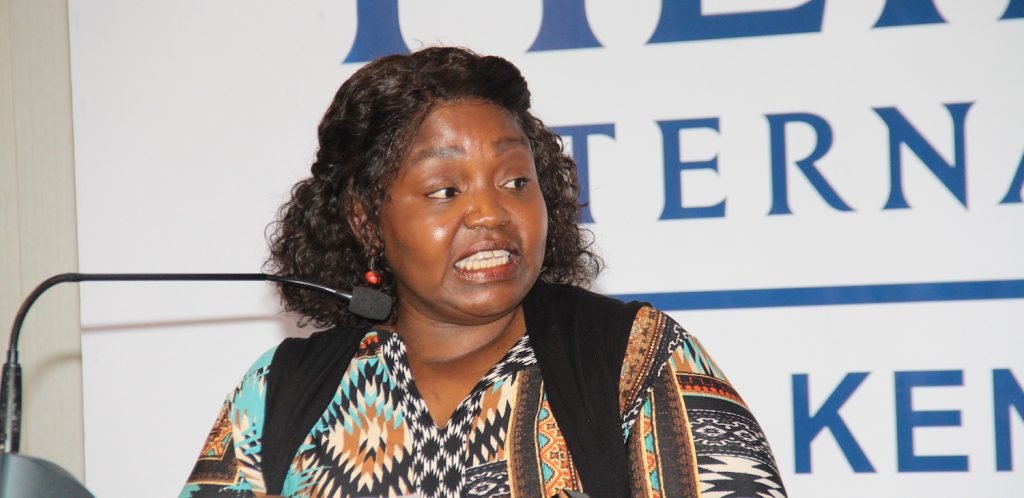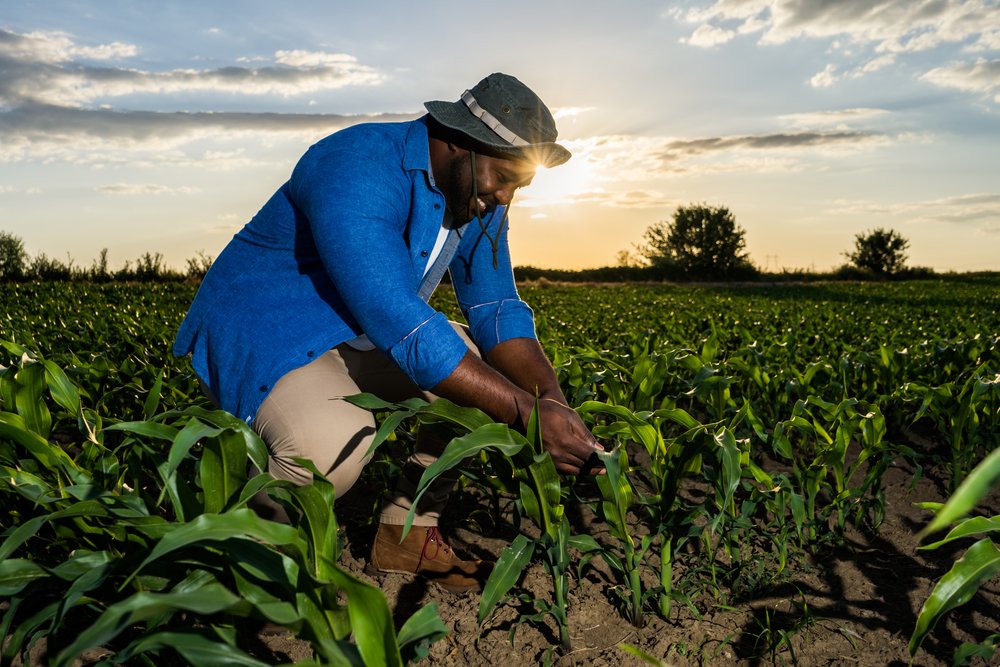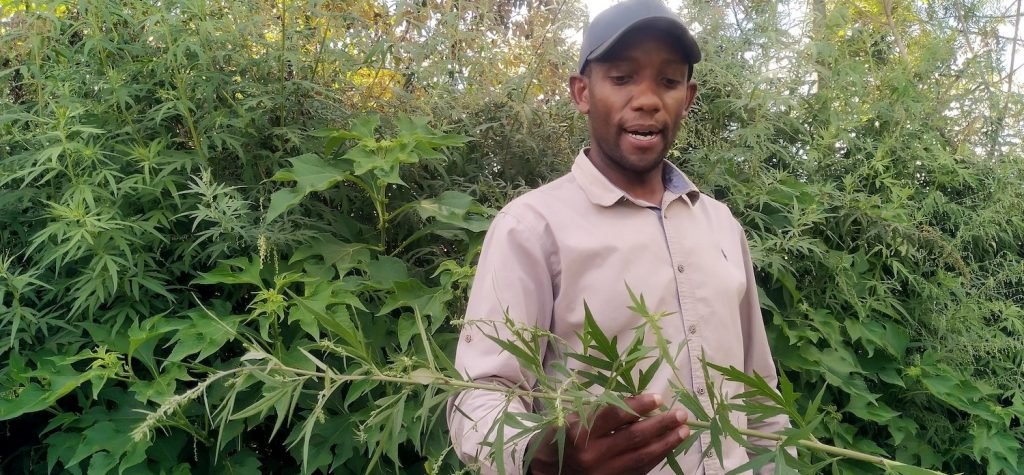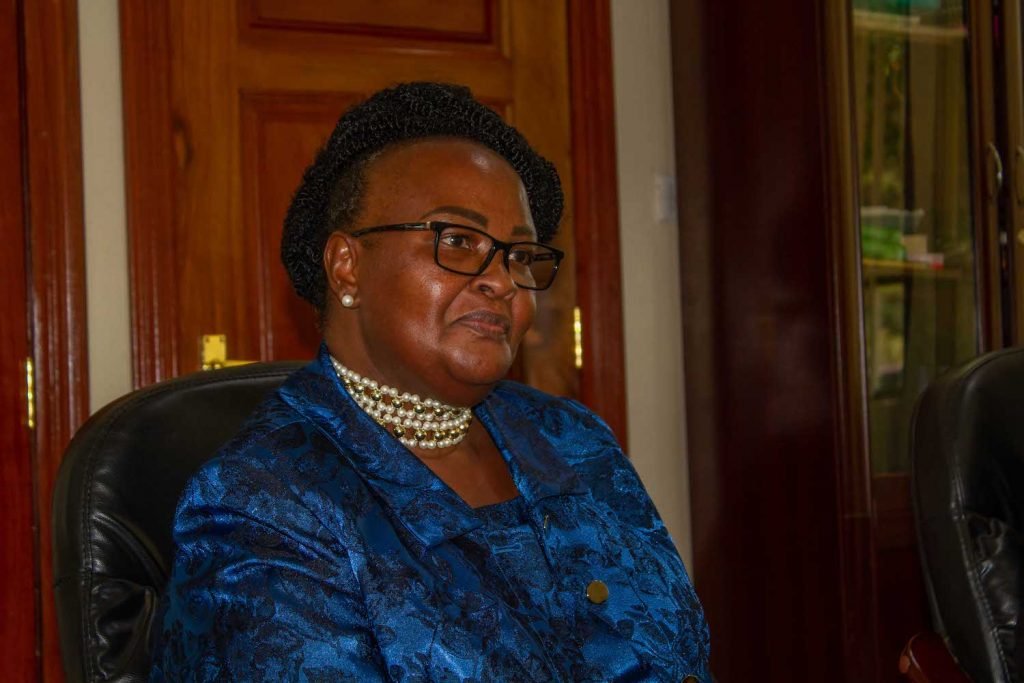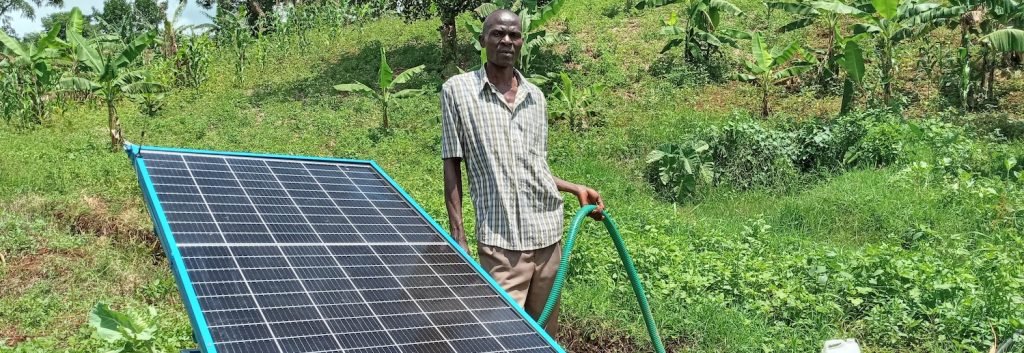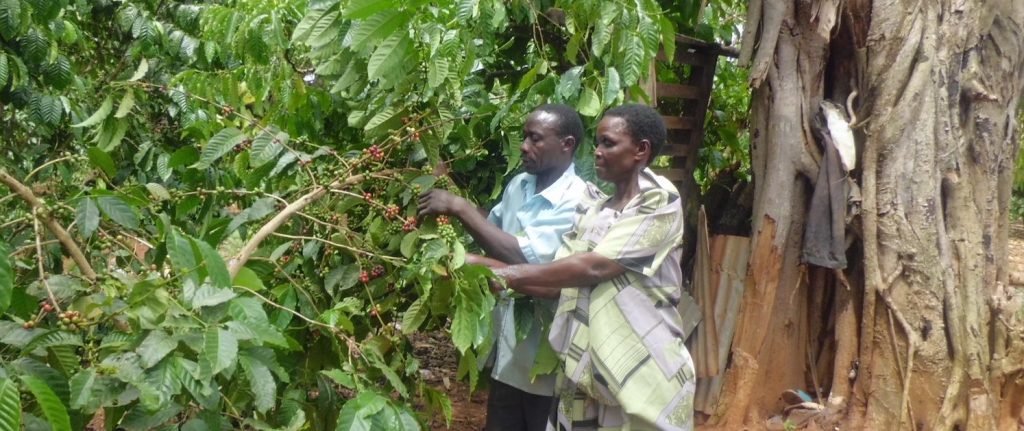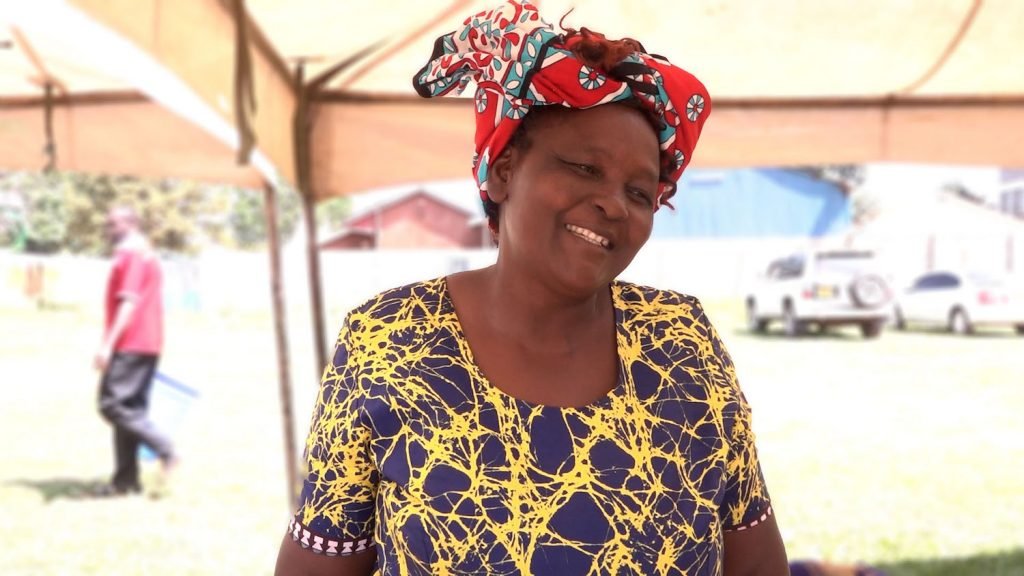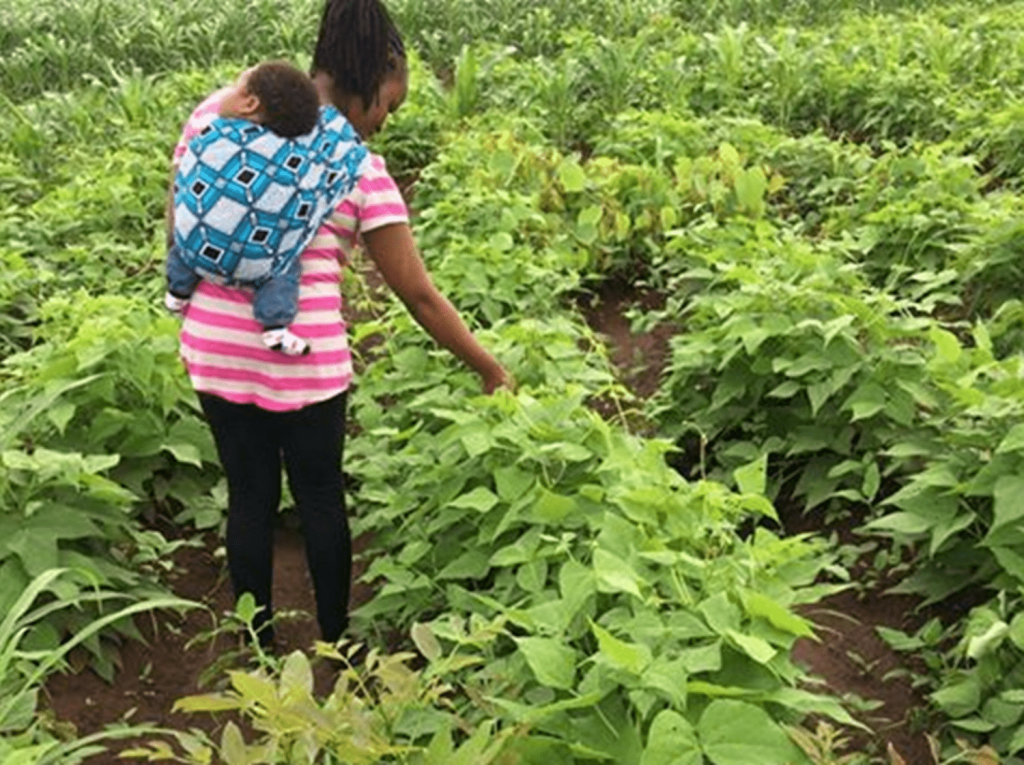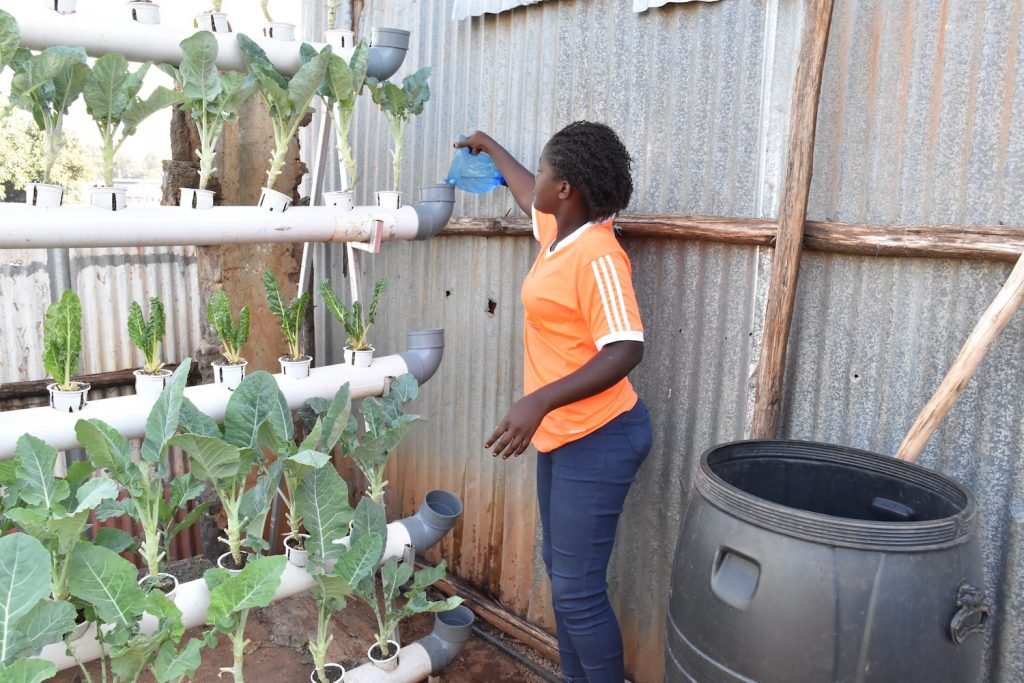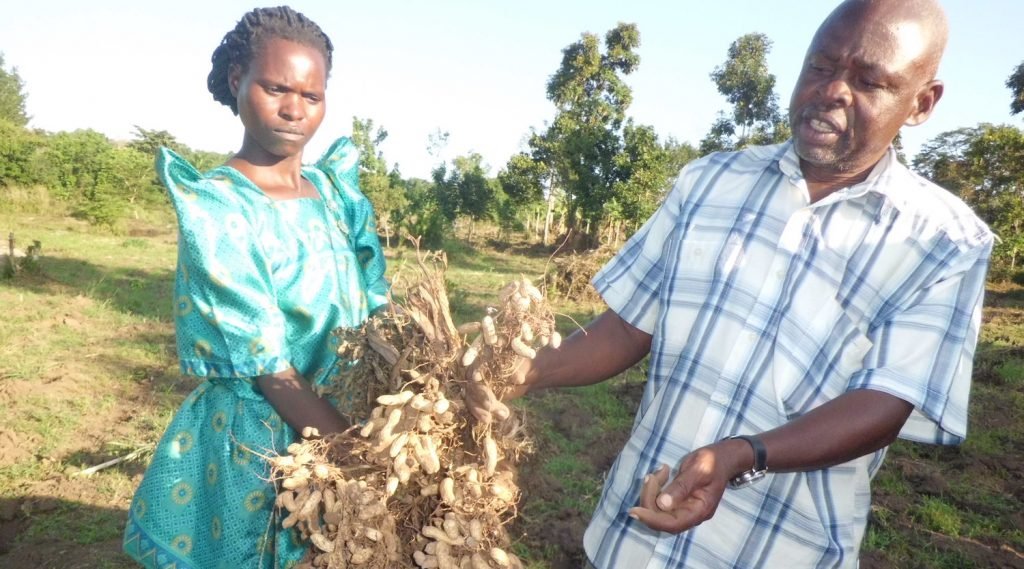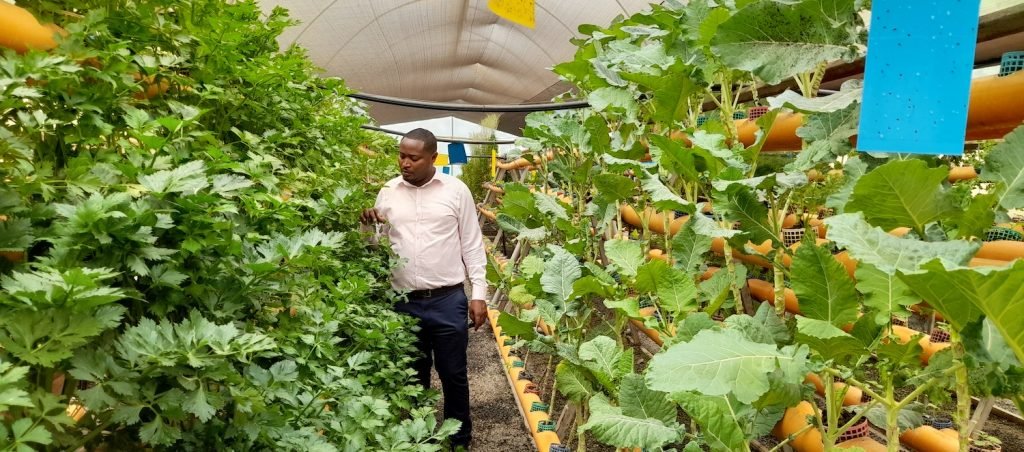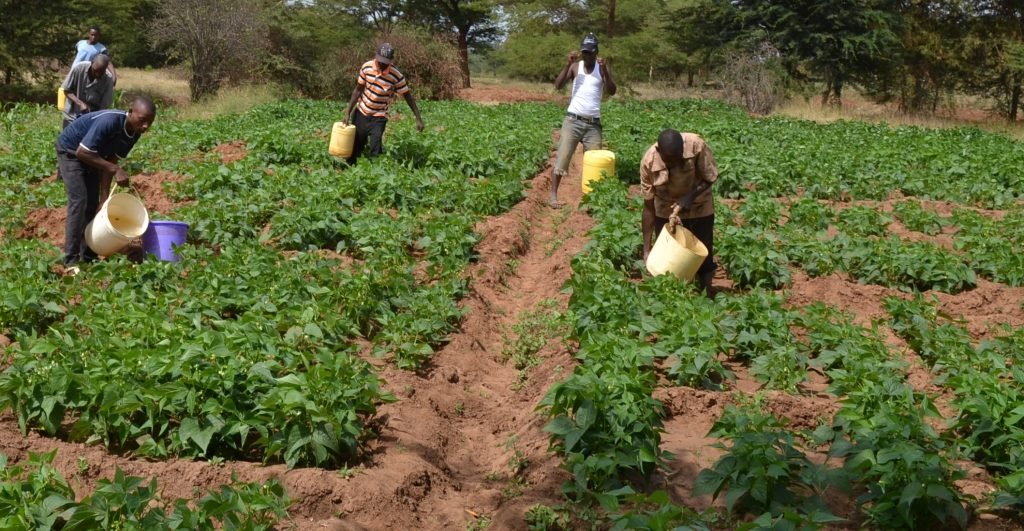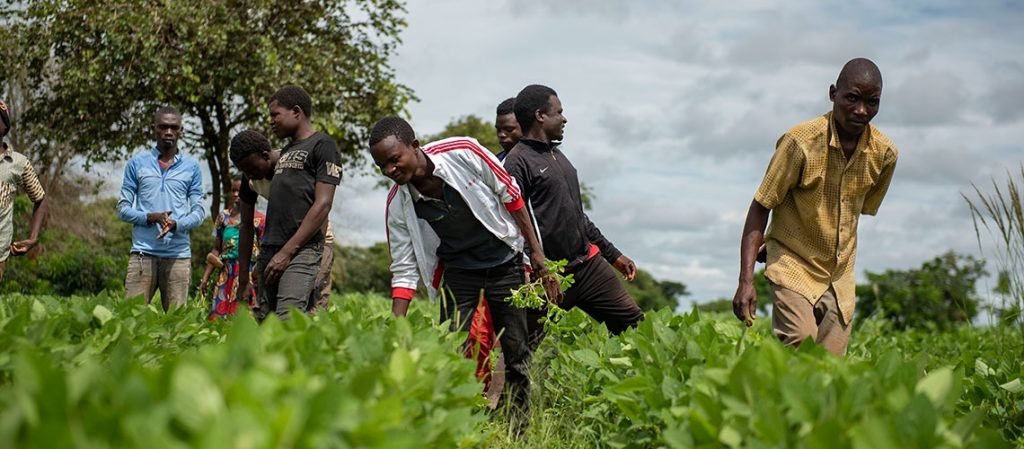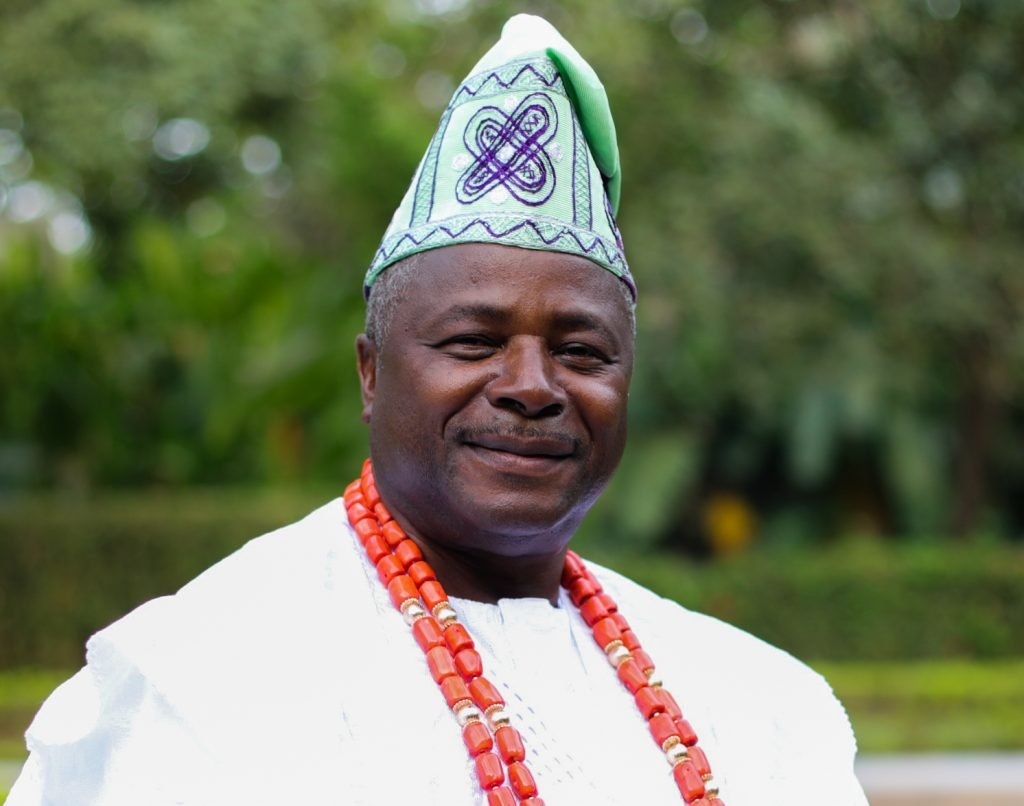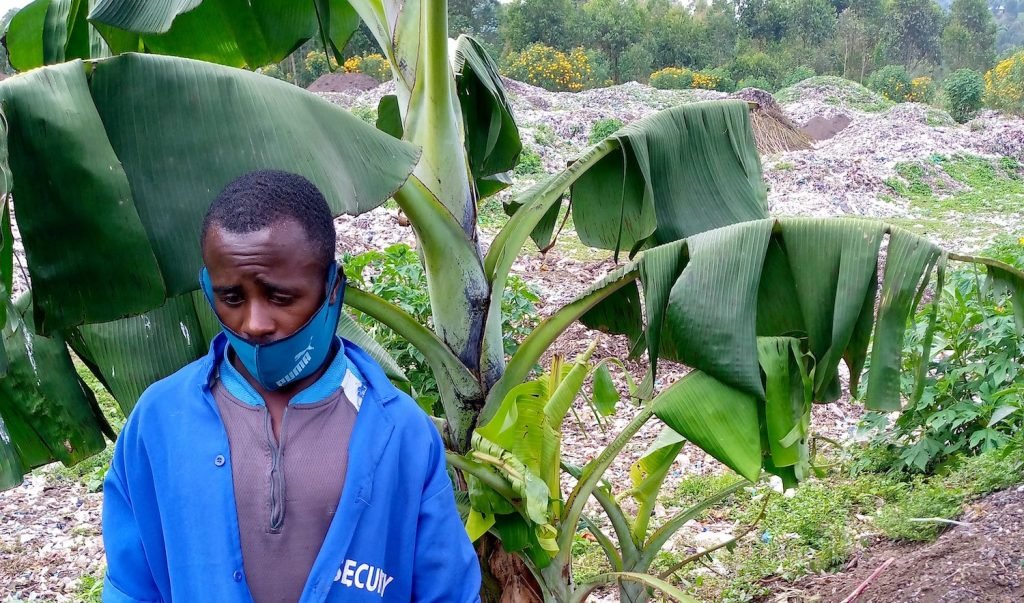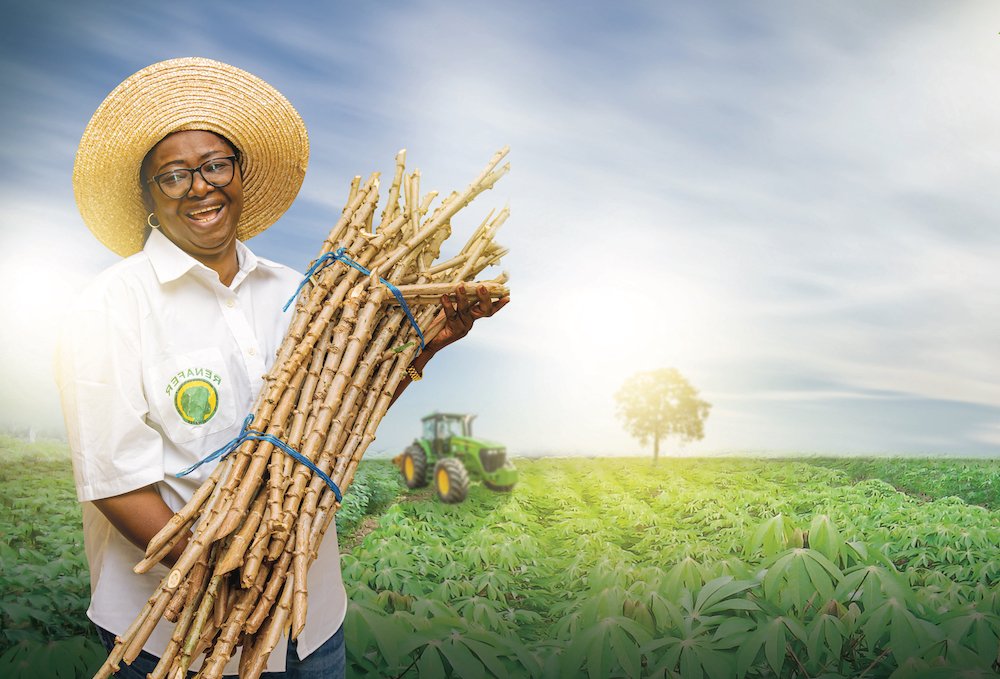HEIFER International has committed additional funding to agricultural innovations aimed at bridging gaps in access to information
Climate change has emerged as one of the greatest threats to Africa’s agriculture due to the prolonged droughts, erratic rainfall, and crop pest and disease outbreaks associated with the phenomenon.
A McKinsey Sustainability report shows that African farmers are generally more vulnerable to higher temperatures, fluctuations in rainfall, and variable yields than farmers in developed countries, who can usually more easily secure crop insurance, adjust what they plant, irrigate their fields, or apply crop protection chemicals and fertilisers.
However, the rise of innovations in different countries suggest that the climate problem can be tackled with adequate support. In keeping with our commitment to highlighting the big issues in agriculture on the continent, we have a package of special reports on climate-smart agriculture innovations that are helping farmers adapt and build resilience.
Read about the Ugandan commercial tree farmers using a super hydrogel developed by local scientists to keep the soils moist during droughts, the vegetable farmers in Cameroon using waste water from university student hostels to fertilise their crops, the young agripreneurs in Rwanda turning landfill waste into organic fertiliser, a Kenyan women group operating a sweet potato bakery and the rise of kitchen gardening and hydroponic farming in the Nairobi slums.
Ruth Ndegwa, the acting chief executive of the Kenya Climate Innovations Centre, explains how their incubation programmes are hatching strong youth and women-led agribusinesses. With Africa in the grip of a food crisis attributed to global supply chain disruptions from the Covid-19 pandemic and the ongoing RussiaUkraine war, public spaces are dominated by debates around how the continent can feed itself.
We caught up with Dr Nteranya Sanginga, the director-general of the International Institute of Tropical Agriculture (IITA) in Nairobi and put the same question to him. Few people can speak authoritatively about Africa’s agriculture like him. Dr Sanginga has in the past 11 years built the institute into a bastion of research and innovations that have helped lift more than seven million people out of poverty, and reduced hunger and malnutrition. He also speaks about his achievements as Africa’s first director-general of IITA, his challenges running the institute, his tough choice between a career in agriculture and football in his early life and where duty calls next as he prepares to retire from the institution.
Enjoy


